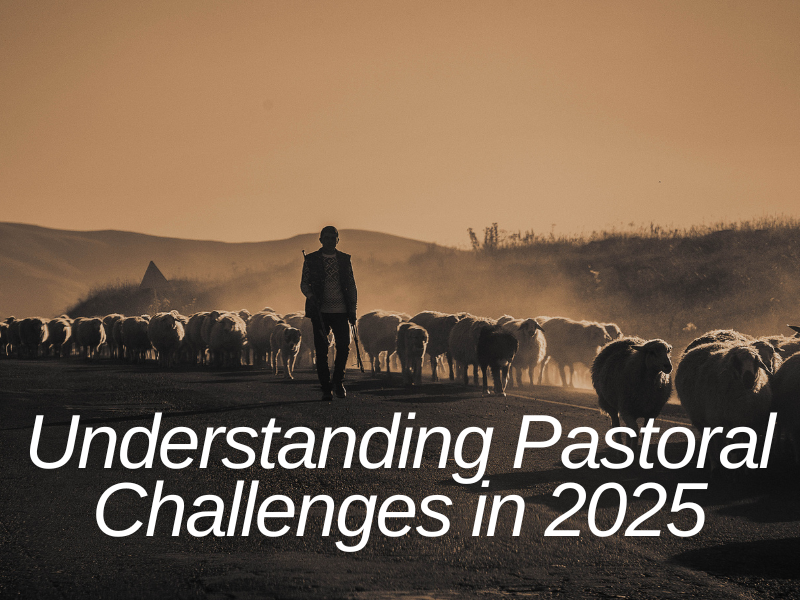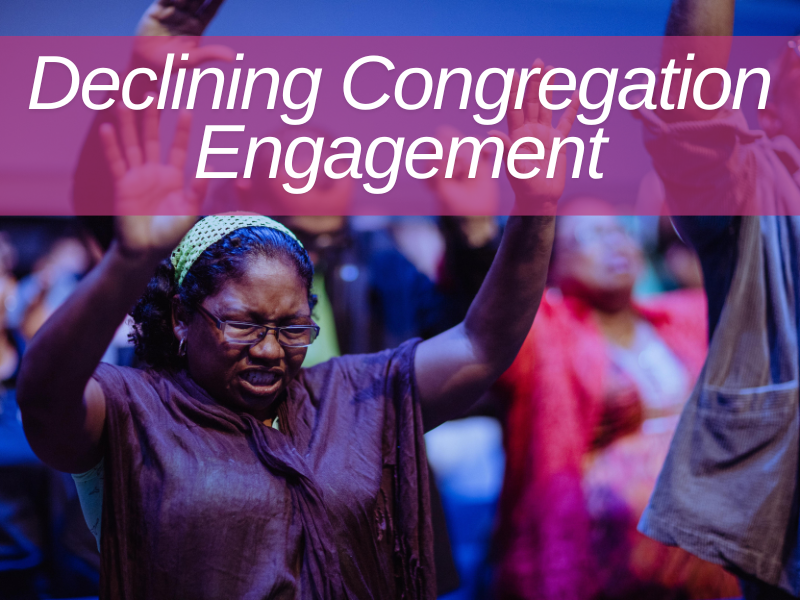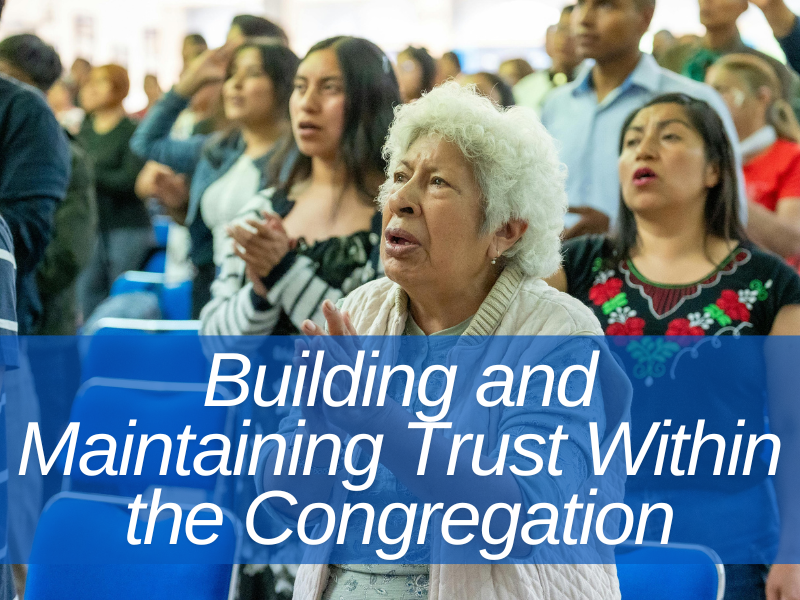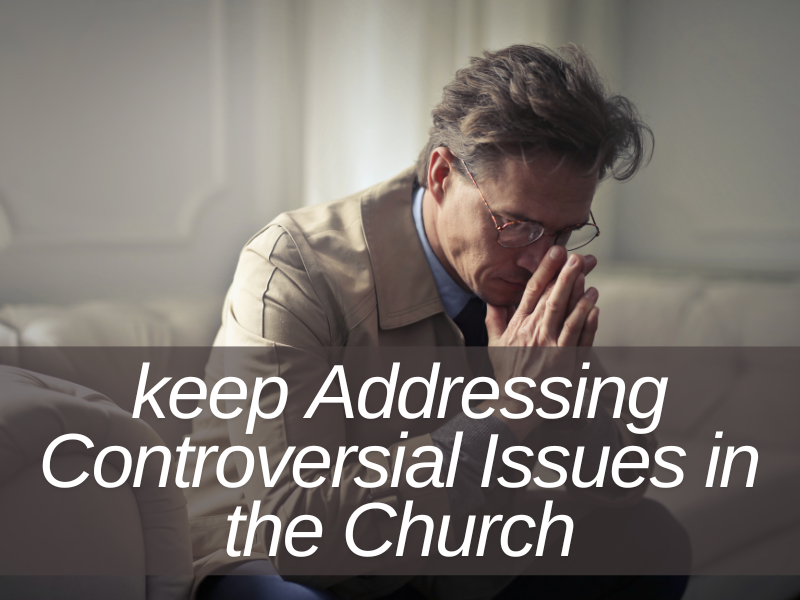As pastors, we face increasingly complex challenges and numerous obstacles threatens our ability to lead effectively. These challenges require resilience, wisdom, and adaptability to continue fulfilling our calling. However, we have put together Top 12 Biggest Obstacles Pastors Need To Overcome In 2025, along with practical solutions and biblical insights to guide Pastors through.
Obstacles Pastors Need To Overcome In 2025
1. Understanding Pastoral Challenges in 2025

In 2025, pastors are navigating a rapidly changing cultural and societal environment. From political tension to technological advancements, understanding the challenges of ministry is crucial. Pastors must recognize these obstacles and confront them with strategic wisdom. By staying grounded in faith and relying on God’s word, pastors can move through challenges with clarity and purpose. Matthew 28:19-20 reminds us of the Great Commission to go and make disciples, no matter the circumstances.
2. Securing Sustainable Church Funding

Churches are increasingly facing financial challenges in an unstable economy. Sustainable funding has become one of the biggest struggles for pastors. Church leaders must explore diverse fundraising strategies, including online donations, partnerships, and investments. Philippians 4:19 assures that “And my God will meet all your needs according to the riches of his glory in Christ Jesus,” reinforcing faith in God’s provision. Additionally, pastors must be good stewards of the resources they have.
3. Adapting to Technology in Ministry

Technology has transformed the way churches operate. In 2025, embracing technology in ministry is no longer optional. Pastors must adapt to live-streaming services, online giving platforms, and social media outreach. The digital shift presents opportunities but also challenges in maintaining personal connections with congregants. 1 Corinthians 9:22 reminds pastors to “become all things to all people so that by all possible means I might save some.”
4. Declining Congregation Engagement

One of the most pressing concerns for pastors in 2025 is declining congregation engagement. With shifting cultural dynamics, pastors must find creative ways to keep members engaged in worship, Bible study, and community service. Regular check-ins, interactive sermons, and small group ministries are effective strategies. Hebrews 10:25 encourages, “Let us not give up meeting together… but let us encourage one another.”
5. Mental Health and Burnout Among Pastors

Mental health challenges and pastoral burnout are a serious concern in ministry. The emotional and spiritual toll of leadership can lead to exhaustion, depression, and frustration. Pastors must prioritize self-care, counseling, and rest to avoid burnout. Matthew 11:28-30 offers comfort: “Come to me, all you who are weary and burdened, and I will give you rest.” A pastor’s well-being is essential for effective ministry.
6. Cultural and Generational Gaps in the Church

The church is increasingly divided by cultural and generational gaps. Younger generations may not resonate with traditional methods of worship and teaching. To bridge these gaps, pastors need to incorporate contemporary worship styles, digital tools, and relevant teaching that speaks to all age groups. 1 Timothy 4:12 encourages believers to “set an example for the believers in speech, in conduct, in love, in faith and in purity,” adapting to the needs of all generations.
7. Building and Maintaining Trust Within the Congregation

Trust is the foundation of any healthy church. In 2025, pastors must be transparent, honest, and open in their leadership to build trust with their congregation. Failing to address rumors or misunderstandings can lead to division. Proverbs 3:5-6 encourages pastors to “Trust in the Lord with all your heart and lean not on your own understanding.” Trusting in God’s direction is crucial to overcoming this obstacle.
8. Addressing Controversial Issues in the Church

Pastors face increased pressure to address controversial issues within the church, from social justice to political debates. The key is maintaining a balanced and biblical perspective. Pastors must lead with grace and truth, ensuring that their responses align with Scripture and the teachings of Christ. Ephesians 4:15 tells us to “speak the truth in love,” fostering a church culture of respect and unity.
9. Leadership Development and Succession Planning
Developing future leaders is a key responsibility of every pastor. Without a strong succession plan, churches risk stagnation and decline. By mentoring younger leaders, pastors can ensure the church’s vision and mission continue long after they’re gone. 2 Timothy 2:2 highlights this: “And the things you have heard me say in the presence of many witnesses entrust to reliable people who will also be qualified to teach others.”
10. Increased Competition from Other Churches
As the number of churches continues to grow, church competition has become a significant obstacle. To stand out, pastors must offer a unique message and create an environment of love and acceptance. Matthew 5:14-16 reminds us that “You are the light of the world,” encouraging pastors to lead with a Christ-centered approach that attracts others to the faith.
11. Dealing with External Pressures (Government Regulations, Media)
External pressures, such as government regulations and media scrutiny, can affect a pastor’s ability to lead effectively. Pastors must be vigilant in understanding the legal and political landscape to navigate these challenges. In addition, they must uphold biblical truth in the face of media challenges. Romans 13:1 states, “Let everyone be subject to the governing authorities,” guiding pastors in responding respectfully to external pressures.
12. Mission and Outreach: Expanding the Church’s Reach
Finally, pastors must overcome the challenge of expanding their church’s mission and outreach. Effective outreach requires innovative approaches to reach a broader audience. Whether through local service projects or international missions, the church must be a beacon of hope. Matthew 28:19-20 commands pastors to “go and make disciples of all nations,” reinforcing the importance of outreach in fulfilling the Great Commission.
Finally,
The obstacles pastors face in 2025 are varied and complex, but with faith, wisdom, and adaptability, they can overcome these challenges and continue to lead their congregations effectively. From financial struggles and mental health concerns to the pressures of technology and cultural shifts, the key to success lies in balancing traditional values with innovative strategies.
By embracing change, fostering trust, and prioritizing personal well-being, pastors can navigate these challenges with resilience. Ultimately, staying grounded in Scripture and leaning on God’s guidance will empower pastors to lead their churches into a prosperous future. As Philippians 4:13 reminds us, “I can do all things through Christ who strengthens me.”
FAQs
- How can pastors avoid burnout?
- Pastors can avoid burnout by prioritizing self-care, setting boundaries, seeking support from fellow pastors, and regularly resting in God’s presence. Taking time for physical and emotional restoration is essential to sustainable ministry.
- What are effective ways to increase church engagement in 2025?
- Increasing engagement requires creative worship, interactive Bible studies, and incorporating digital tools like live streaming. Engaging youth and younger generations through social media and modern technology is also crucial.
- How can pastors manage financial struggles in their churches?
- Churches can diversify income sources through online giving, partnerships with local businesses, and hosting fundraising events. Pastors should also practice good stewardship and transparency with financial matters.
- What steps should a pastor take to bridge generational gaps?
- Pastors can bridge generational gaps by embracing diverse worship styles, offering relevant teaching, and creating spaces for intergenerational fellowship. Encouraging communication and mutual respect between age groups is vital.
- How should pastors handle controversial issues in the church?
- Pastors should approach controversial issues with prayer, a commitment to biblical truth, and a spirit of love. Open communication, sensitivity, and a focus on unity within the congregation are key to navigating these challenges.



